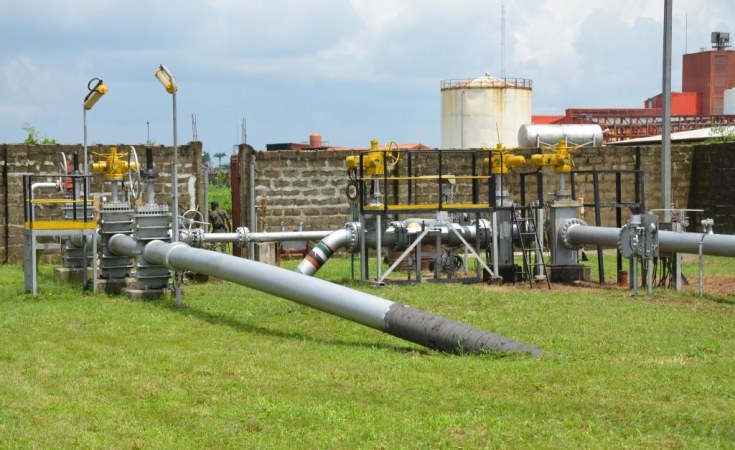Abuja, Nigeria — Nigerian security operatives recently recovered 1.2 million liters of stolen oil, destroyed scores of illegal refineries and arrested suspected thieves in the latest effort to address crude oil theft in Africa's top oil producer.
While many praise the new crackdown, some say authorities need to publicly prosecute and convict offenders.
A Nigerian military spokesperson on Sunday announced that the army and other security agencies arrested 17 suspects, dismantled 56 illegal "oil bunkering" or theft sites, and recovered 1.2 million liters of stolen crude during multiple raids across the Niger Delta in the past week.
The raids were part of a larger push to combat oil theft. Energy expert Faith Nwadishi said the renewed efforts are having an impact.
"We see that there's been an improvement in production coming from the background of about two ... three years ago when Nigerian Upstream commission said that we're losing about 70% of our production," Nwadishi said. "These efforts are beginning to yield some of the results that we're seeing, but I think that more should be done."
Nigeria has been struggling to curb rampant oil theft for decades. Corruption, poor regulation and a lack of effective security measures have played a role.
The Nigerian National Petroleum Corporation estimates the country loses around 200,000 barrels of crude oil per day or about $10 billion annually to illegal activities that include theft and unauthorized refining operations known as "Kpo Fire."
The term "Kpo Fire" refers to the explosive sound made when crude oil -- illegally siphoned from official pipelines -- is heated in a metal cauldron and then condensed into petroleum products.
Authorities say oil theft is harming economic growth.
Economist Eze Onyekpere said that the latest crackdown by authorities is welcome but that the government must focus on organized criminal networks.
"Nigeria's crude oil is stolen at a commercial rate, so the expectation is that they should ... go after the real cabals -- the people who are doing it at a very bigger level and not just the smaller men and women in the industry," Onyekpere said. "It's a welcome development, and we need more of it."
Nwadishi said Nigerian authorities need to publicly prosecute and convict suspects arrested for oil theft.
She said that even though authorities often announce arrests, the prosecution process is usually shrouded in secrecy, giving rise to allegations of manipulation and corruption.
"It's not enough to say you're seizing [crude oil]," Nwadishi said. "Who are the people you're seizing it from? The ones they have seized before, were they prosecuted? What was the outcome of that prosecution? We have not heard about that.
"And sometimes the people that you see are really not the financiers of the process," she said. "We have not seen a really 'big fish' caught on this issue of oil theft. We have not seen the financiers."
In 2022, the Nigerian government awarded a multimillion-dollar pipeline surveillance deal to former oil militant, Government Ekpemupolo -- popularly known as Tompolo.
Between last year and 2024, Nigeria's crude oil output increased by 16.7%.


